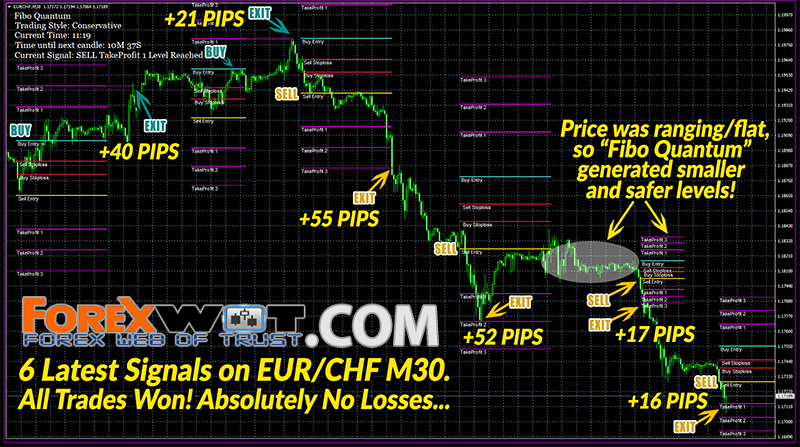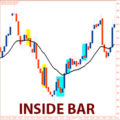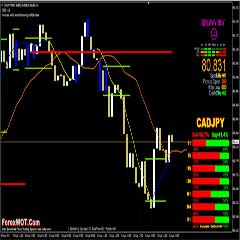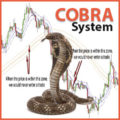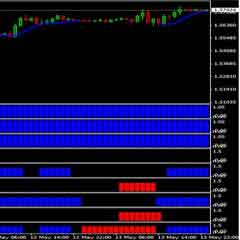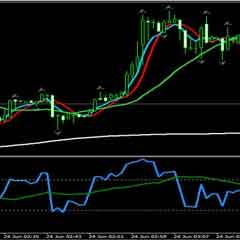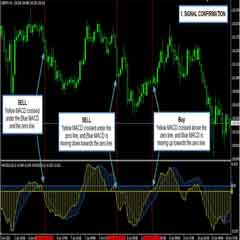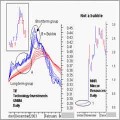GANN SWING Indicator and Trading System – Gann Techniques are technical analysis tools that were developed by the renowned financial trader William Delbert Gann (WD Gann), during his career on Wall Street which spanned the first half of the twentieth century.
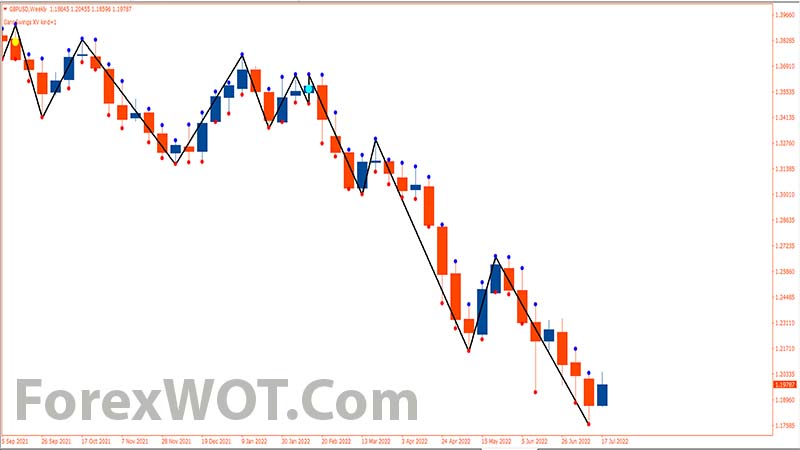
This indicator is a mechanical tool that tells the user exactly what the market trend is at any time, based on the teachings of Legendary trader, Mr. William D. Gann .
Gann called this tool the “Trendline Indicator,” but it has popularly become known as the “Swing Chart” by present-day traders.
In October 1909, Richard Wyckoff watched Gann for 25 market days (the markets traded on Saturdays back then), where Gann made 286 trades, both long and short. Two hundred sixty-four (264) of these trades were profits.
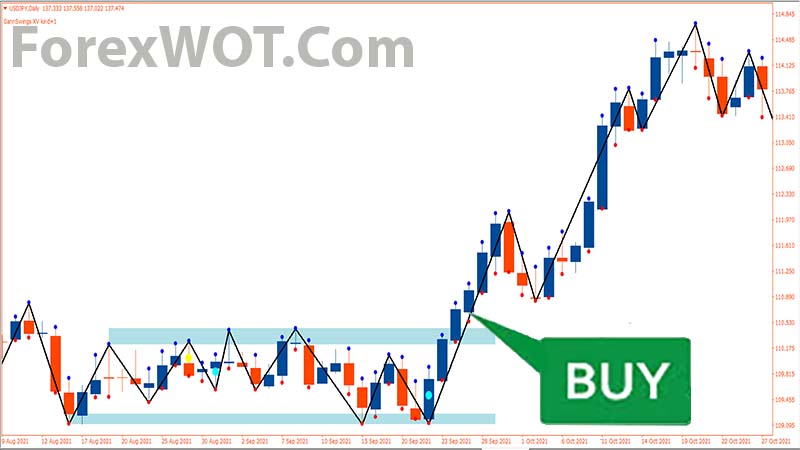
The Swing Chart was Gann’s primary trading tool helping him achieve these phenomenal trading results.
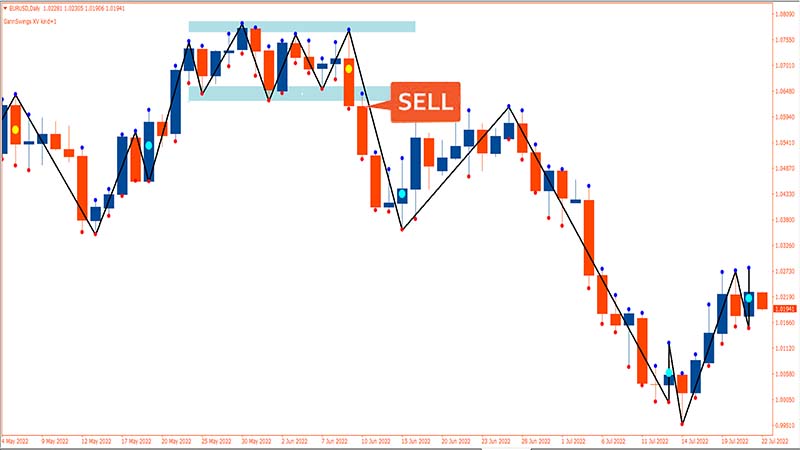
The following steps are used when identifying the inside bar pattern on your trading charts.
- Identify a preceding trend using price action or technical indicators.
- Locate inside bar pattern whereby the inside bar is engulfed fully by the preceding candle high and low.
The inside bar’s range (high to low) should be engulfed entirely by the previous bar’s range, also called the “mother bar.” Another way of saying it is that the mother bar should completely engulf the range of the inside bar.
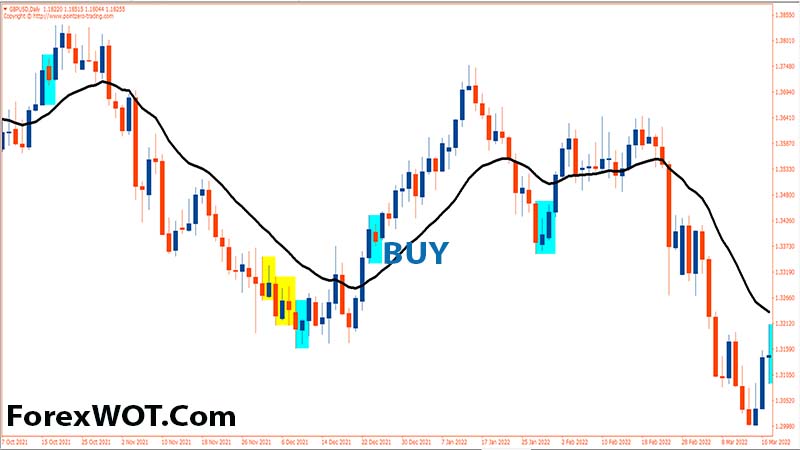
Notice how the inside bar in the chart above formed during a strong uptrend. An established trend is a requirement for trading this particular candlestick pattern.
The reason for this is that the inside bar is nothing more than consolidation. So we have a strong trend followed by consolidation which leads to a breakout in the prevailing direction.
Pretty simple stuff, right?
- Stop Loss
You should always secure your open trades with a stop loss order. Although the success rate of these patterns is relatively high, there is never a guarantee that the trade will work in your favor. Your stop loss is below the mother bar.
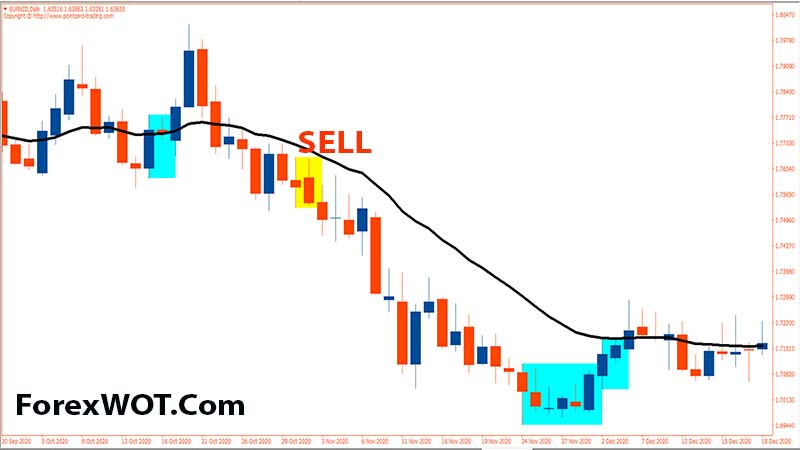
The chart above shows bearish inside bars that formed on the EURNZD daily chart. Note that the pair had been in a downtrend for several days, therefore these are bearish continuation patterns.
- Stop Loss
You should always secure your open trades with a stop loss order. Although the success rate of these patterns is relatively high, there is never a guarantee that the trade will work in your favor. Your stop loss is above the mother bar.
Stop levels can be taken from the mother bar, or previous swing high/low (dependant on trend) as dictated by key price action levels.

